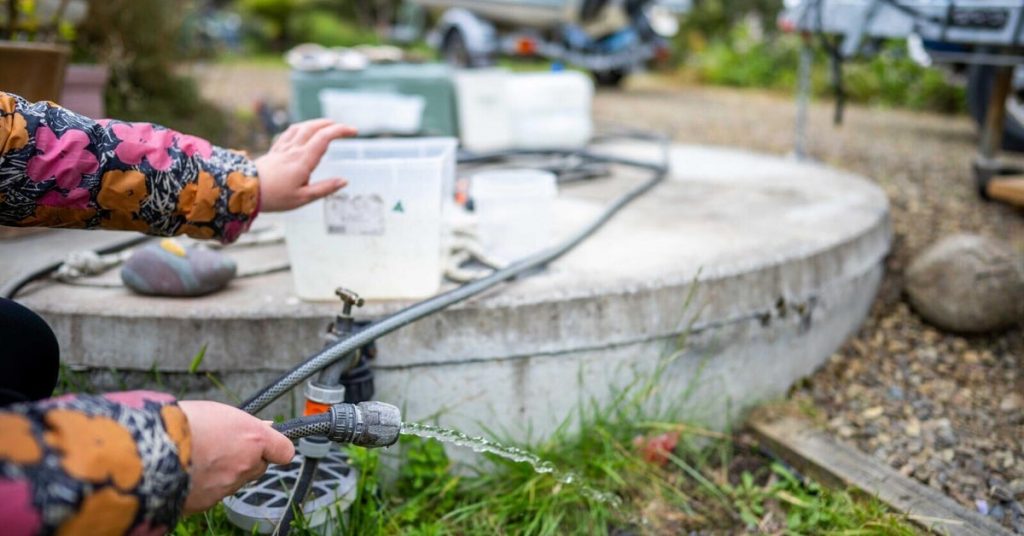
Did you know that regular septic system maintenance can save you from costly repairs? Learn about 24 20-hour septic pumping services and how they work.
Imagine it’s the middle of the night and suddenly, you’re faced with a septic issue. That’s where 24 20-hour septic pumping services come in. These services can help you manage emergencies and regular maintenance effectively, ensuring your system operates smoothly.
Septic systems play a crucial role in managing wastewater for homes that are not connected to a municipal sewer system. Over time, solids accumulate in the septic tank, which can lead to blockages, odors, and potential system failures if not properly managed. Regular septic pumping is essential to remove these solids before they overflow into the drain field.
Failure to pump your septic system regularly can lead to costly repairs or replacements. Not only can it damage your septic system, but it can also contaminate groundwater, posing environmental risks. For these reasons, homeowners should schedule pumping at least every three to five years, depending on usage. However, in emergencies where immediate action is required, 24-hour septic pumping services can save the day.
When you call a 24-hour septic pumping service, quick response times are one of their main advantages. These professionals arrive equipped with necessary tools and vehicles to address your septic problems as soon as possible. From routine checks to emergency cleanouts, they can handle various tasks.
Typically, during a pump-out service, the technician will inspect the tank, remove solids, and check for any signs of damage or malfunction. Most of these services also offer additional inspections for issues like drain field failures, allowing them to provide thorough maintenance solutions. After the service, expect a detailed report outlining any work done and any cautions you need to be aware of.
Cost can be a significant concern when it comes to septic pumping, especially for emergency services. The average cost of septic pumping ranges from $300 to $500. However, during emergencies, costs may rise due to the need for immediate service and the potential for extra repairs.
Factors influencing the total cost include the volume of wastewater needing removal, location, and the condition of the septic system. It is crucial to ask for a detailed estimate before committing to any services. Many companies offer flexible payment plans or financing options, making it easier to manage costs, particularly during emergencies.
Proper septic system maintenance can extend the life and efficiency of your system and help avoid emergency situations. First, avoid flushing non-biodegradable items like wipes, plastics, or chemicals. These can clog the system and complicate the pumping process.
Regular inspections are also important. Schedule a professional inspection every 2-3 years to identify potential issues early. Additionally, keep drains clear and use water wisely to prevent overloading your tank. Finally, ensure that your drain field is unobstructed by vegetation and parked vehicles, as these can impede function.
When searching for a 24-hour septic pumping service near you, consider reviews and recommendations from neighbors or online communities. Reliable companies should have positive feedback, indicating satisfied customers and effective service.
It’s also beneficial to check if the service provider is licensed and insured. This protects you as a homeowner in case of accidents or damages. Look for warranty options as well. A trustworthy company will often guarantee their work, helping to foster trust and ensure peace of mind.
In summary, knowing when and how to utilize 24-hour septic pumping services can prevent emergencies while optimizing your system’s functionality. Regular preventive maintenance is essential for a properly functioning septic system, while understanding costs helps avoid unexpected burdens. By following maintenance tips and finding the right service providers, homeowners can protect their investment and ensure their septic systems remain in good working condition.